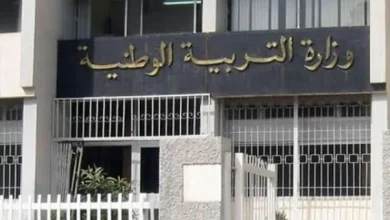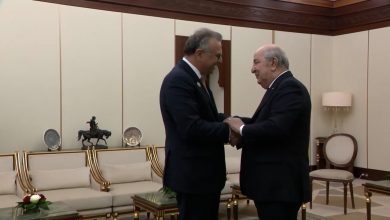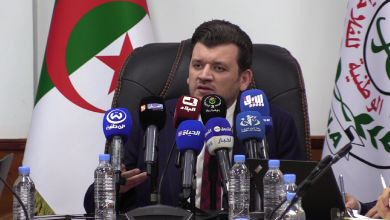Bogota, Algeria – A dissident faction of the former Revolutionary Armed Forces of Colombia (FARC), now operating as a powerful militia, has issued a stark warning to the United States, threatening armed conflict should the US military intervene on Colombian soil. The declaration comes amid escalating tensions between Washington and Bogota over the handling of drug trafficking, with former US President Donald Trump previously hinting at a potential “ground operation” to combat drug cartels operating within Colombia.
The group, identifying itself as the “Central General Staff” (Estado Mayor Central in Spanish), released a statement on Saturday asserting its readiness to confront any perceived violation of Colombian sovereignty. “We are accustomed to fighting those who must be fought, and we have always been fierce opponents of the American empire,” the statement declared, signaling a dramatic shift in the already complex landscape of Colombian politics and international relations. “We will not permit any military intervention, nor any violation of Colombian sovereignty.”
The Central General Staff is a prominent group that refused to adhere to the 2016 peace agreement signed between the Colombian government and the main body of FARC. While the peace accord was hailed as a landmark achievement, bringing an end to decades of internal conflict, several factions splintered off, choosing to continue their armed struggle. These dissident groups, often deeply involved in the lucrative drug trade, have posed a significant challenge to the Colombian government’s efforts to consolidate peace and stability.
The threat from the Colombian militia is fueled by a series of actions undertaken by the United States in recent months. Since September, the US military has conducted a series of operations, primarily in the Caribbean Sea, targeting vessels suspected of involvement in drug trafficking. Washington has claimed responsibility for at least ten of these raids, resulting in the deaths of at least 43 individuals. While the US asserts these operations are aimed at disrupting the flow of narcotics, critics argue that they represent a violation of international law and an infringement on the sovereignty of neighboring nations.
The US actions have further strained relations with Venezuela, which has long accused the US of interfering in its internal affairs. The escalating tensions also place the Colombian government in a precarious position, caught between its reliance on US security assistance and its responsibility to uphold its national sovereignty. The situation is further complicated by allegations that the Central General Staff controls significant portions of drug production within Colombia, particularly in regions bordering Venezuela. This geographical proximity raises concerns about cross-border operations and the potential for regional instability.
The strained relationship between Washington and Bogota reached a boiling point under the previous US administration, with then-President Trump openly criticizing former Colombian President Gustavo Petro for allegedly failing to adequately combat drug trafficking. Trump also imposed economic sanctions on Colombia, further escalating the diplomatic crisis. His threat of a “ground operation” sent shockwaves through the region, raising fears of a potential military intervention reminiscent of past US involvement in Latin American conflicts.
For more information about Economie, check our dedicated section.
The current US administration has adopted a slightly more nuanced approach, but the underlying tensions remain. The United States continues to provide significant financial and logistical support to Colombia’s anti-narcotics efforts, but the effectiveness of these programs has been questioned. Critics argue that a purely militaristic approach is insufficient to address the root causes of drug trafficking, which are often linked to poverty, lack of economic opportunity, and weak governance.
The Colombian government is facing immense pressure to address the issue of drug trafficking while also navigating the complex political landscape and safeguarding its sovereignty. The threat issued by the Central General Staff adds another layer of complexity to an already challenging situation. A military confrontation between the US and a Colombian militia group would have devastating consequences for the region, potentially destabilizing the country and undermining the fragile peace process.
Analysts suggest that a diplomatic solution is crucial to de-escalate the tensions and prevent a potential conflict. This would require open communication between the US and Colombian governments, a renewed commitment to addressing the root causes of drug trafficking, and a respect for Colombia’s sovereignty. Furthermore, the international community must play a more active role in supporting Colombia’s efforts to consolidate peace and stability.
The situation remains fluid, and the potential for miscalculation is high. The rhetoric from both sides must be tempered to avoid a spiral of escalation that could lead to a disastrous outcome. The future of Colombia, and indeed the stability of the region, may well depend on the ability of all parties involved to find a peaceful and sustainable solution to this complex and deeply entrenched problem.



